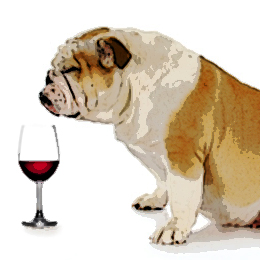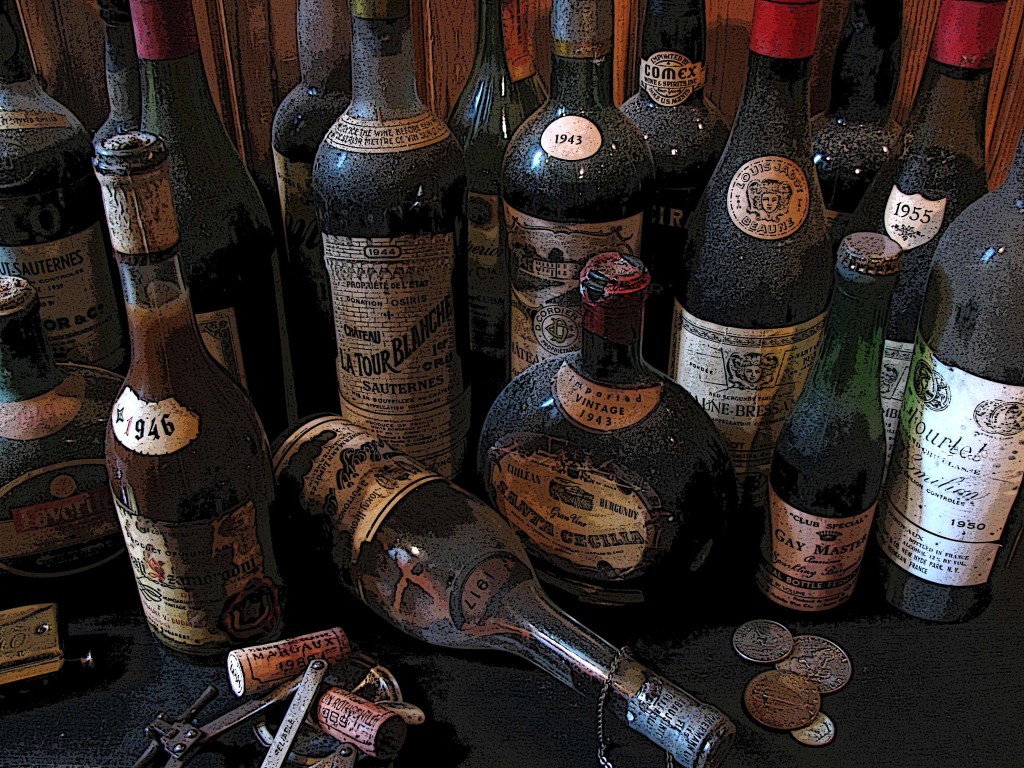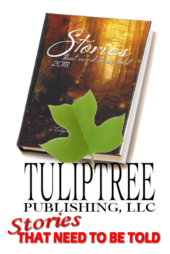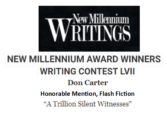The Nose Knows.
Chapter Two, Part Two.
 The most revealing aspect of wine analysis comes from olfaction, the sense of smell. Odorants are sensed by olfactory receptor neurons in the nose, or as they’re more commonly called, smell buds. O.K., I just made that up. They’re not really called smell buds, but it’s my blog and I’ll call them whatever I want. Besides, olfactory receptor neuron sounds like some kind of hi-tech weapon used to deduce wines complex aromas, you know, one of those weapons of mass deduction.
The most revealing aspect of wine analysis comes from olfaction, the sense of smell. Odorants are sensed by olfactory receptor neurons in the nose, or as they’re more commonly called, smell buds. O.K., I just made that up. They’re not really called smell buds, but it’s my blog and I’ll call them whatever I want. Besides, olfactory receptor neuron sounds like some kind of hi-tech weapon used to deduce wines complex aromas, you know, one of those weapons of mass deduction.
Humans possess about 40 million smell buds. To put that in perspective your average dog has about 68 billion smell buds, yet oddly enough there are only a couple of dogs writing for The Wine Spectator.
When smell buds are stimulated by an odorant, they send memos to all the relevant department heads inside your brain, which then files the perception away in your long term memory banks. Your memory banks are filled with thousands or even tens of thousands of these neglected aroma-memories, languishing away year after year, all hoping to feel useful some day. It’s no wonder so many end up in aromatherapy.
Of all your senses, olfaction is the most powerful tool for wine analysis. The nose is extremely sensitive, which is why you shouldn’t pick on it. No one knows how many odors the nose can detect, but some studies claim the average person can identify 2,000 scents, while “experts” working in scent-reliant trades can decipher as many as 30,000 odors. How is it I can identify so many odors yet I can’t identify two socks that match? I suppose the important question for wine merchants isn’t how many aromas exist, but how many they can cram onto a four inch shelf talker.
The long-standing belief regarding the sense of taste is that the tongue can only detect sweet, sour, salt, bitter and umami, but if human taste perceptions are so limited, people would drink simple, inexpensive wines and then how would I make my Prius payments?
The implication is that your sense of smell so deeply affects your palate that you couldn’t enjoy eating or drinking without it. The remarkable receptive power of your nose works in conjunction with your mouths broader impressions to perceive flavor. Your mouth may get an inkling of berry flavor but it’s your nose that tells you if you’re enjoying blackberry, strawberry or Chuck Berry.























Hey Donald,
This one got me chuckling at several points. Well written too! One of the best I have read so far.
Cheers,
Rene
Thanks Rene! I would have replied sooner but I spent the entire day trying to find 2 socks that match.
This blog is a Breath of fresh air. The nose is how I’ve always made my Picks.
I’ve tasted a lot of your wines and sometimes I have to cut our visit short and rush off to another tasting. That’s when I use my abbreviated septum.